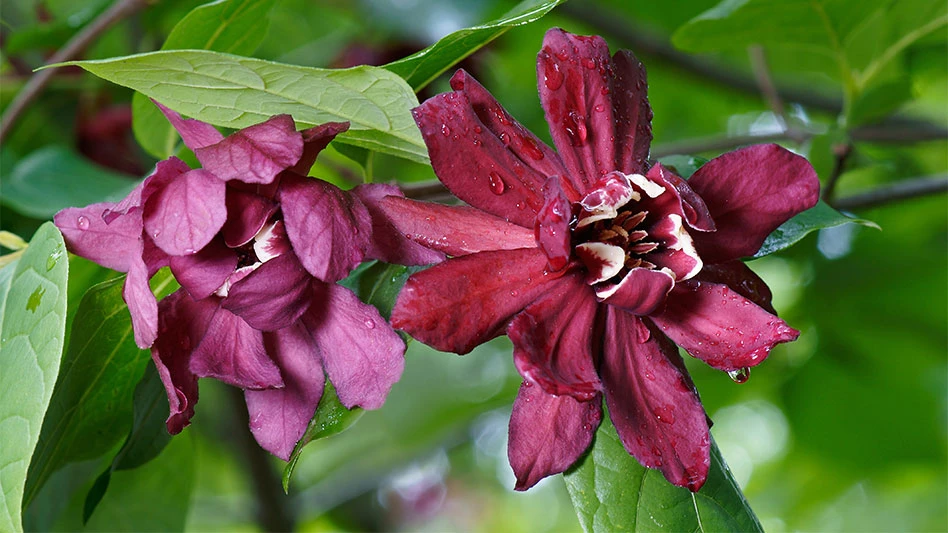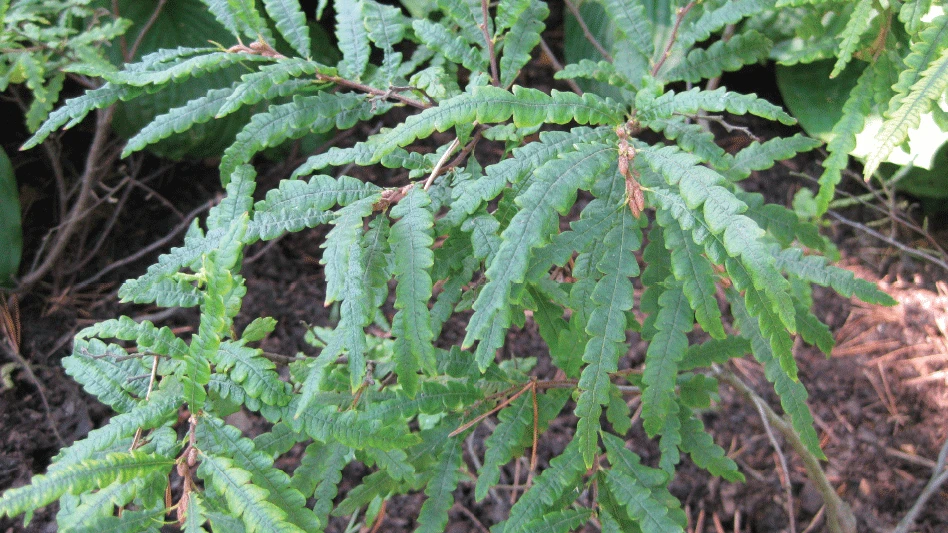

Herbicides and hand weeding have long been the two options for managing weeds in nursery containers. In recent years, however, a new grower-developed technique has emerged and gained significant credibility. Nursery professionals have discovered the benefits of managing weeds by topdressing containers with parboiled rice hulls – a weed management practice now substantiated by USDA research.
Although rice hull topdressing may not totally eliminate the need for herbicides and/or hand weeding, it can reduce both and provides several other key advantages.
A rice hull top-dress of 1 to 2 inches offers the following:
- Prevents airborne weed seeds from reaching the growing media and germinating
- Dramatically decreases container weeds, including moss species such as liverwort
- Significantly reduces hand-weeding labor and expense
- Provides excellent potential for reduced herbicide use
- Helps decrease damage in herbicide-sensitive plant material
- Can reduce drought stress and watering
- Costs just pennies per container
- Provides economical, earth-friendly weed management

PBH rice hulls, a product of Riceland Foods, Inc., are the popular choice for topdressing nursery containers and currently in use at many nurseries. Uniquely processed to verify purity and cleanliness, these rice hulls are a readily renewable resource supporting sustainable production. PBH is OMRI Listed and WSDA registered, making it suitable for both organic and traditional production. PBH is available in a compressed 50-lb. standard bag or a compressed 30-cu.-ft. bulk bale.
For more information: www.riceland.com/pages/ rice-hull-products/

Explore the August 2018 Issue
Check out more from this issue and find your next story to read.
Latest from Nursery Management
- How impending tariffs and USDA layoffs impact the horticulture industry
- Shifting the urban environment
- These companies are utilizing plastic alternatives to reduce horticultural waste
- How to create a sustainable plant nursery
- Lamiastrum galeobdolon ‘Herman’s Pride’
- One of rarest plants on earth: Tahina spectabilis
- Leading Women of Horticulture: Angela Labrum, Bailey Nurseries
- Get to know Pat Reilly with NewGen Boxwood and the American Boxwood Society





